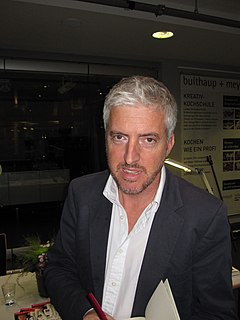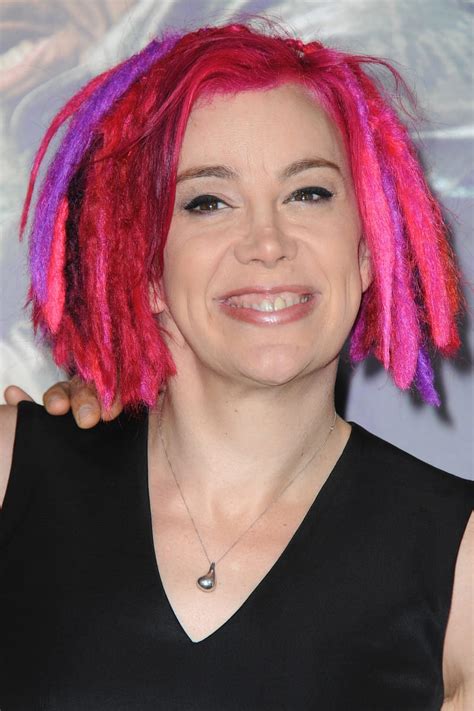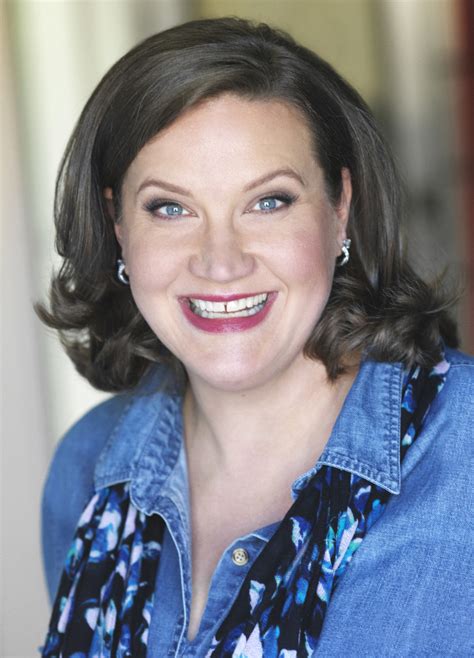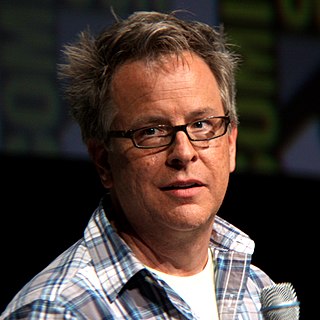A Quote by Eckhart Tolle
Reading is my passion and my escape since I was 5 years old. Overall, children don't realize the magic that can live inside their own heads. Better even then any movie.
Related Quotes
The magic of comics is that there are three people involved in any comic: There is whoever is writing it, and whoever is drawing it, and then there's whoever is reading it, because the really important things in comics are occurring in the panel gutters, they're occurring between panels as the person reading the comics is moving you through, is creating a film in their heads.
Children grow rapidly, forget the centuries-long embrace from their parents, which to them lasted but seconds. Children become adults, live far from their parents, live their own houses, learn ways of their own, suffer pain, grow old. Children curse their parents for their wrinkled skin and hoarse voices. Those now old children also want to stop time, but at another time. They want to freeze their own children at the center of time.
I think we all are born inside of our parents' narratives. We stay there for a good while. We are taught their narratives about everything: their marriage, the world, God, gender, identity, etcetera. Then, at some point, our own narrative develops too much integrity to live inside that story. We don't ever fully escape it, but we move into our own stories.
There is much made in the psychological literature of the effects of divorce on children, particularly as it comes to their own marriages, lo those many years later. We have always wondered why there is not more research done on the children of happy marriages. Our parents' love is not some grand passion, there are no swoons of lust, no ball gowns and tuxedos, but here is the truth: they have not spent a night apart since the day they married.How can we ever hope to find a love to live up to that?
Reading changes your life. Reading unlocks worlds unknown or forgotten, taking travelers around the world and through time. Reading helps you escape the confines of school and pursue your own education. Through characters - the saints and the sinners, real or imagined - reading shows you how to be a better human being.
Just take the negro child. Take the white child. The white child, although it has not committed any of the per - as a person has not committed any of the deeds that has produced the plight that the negro finds himself in, is he guiltless? The only way you can determine that is, take the negro child who's only four-years-old. Can he escape, though he's only four years old, can he escape the stigma of discrimination and segregation? He's only four-years-old.



































